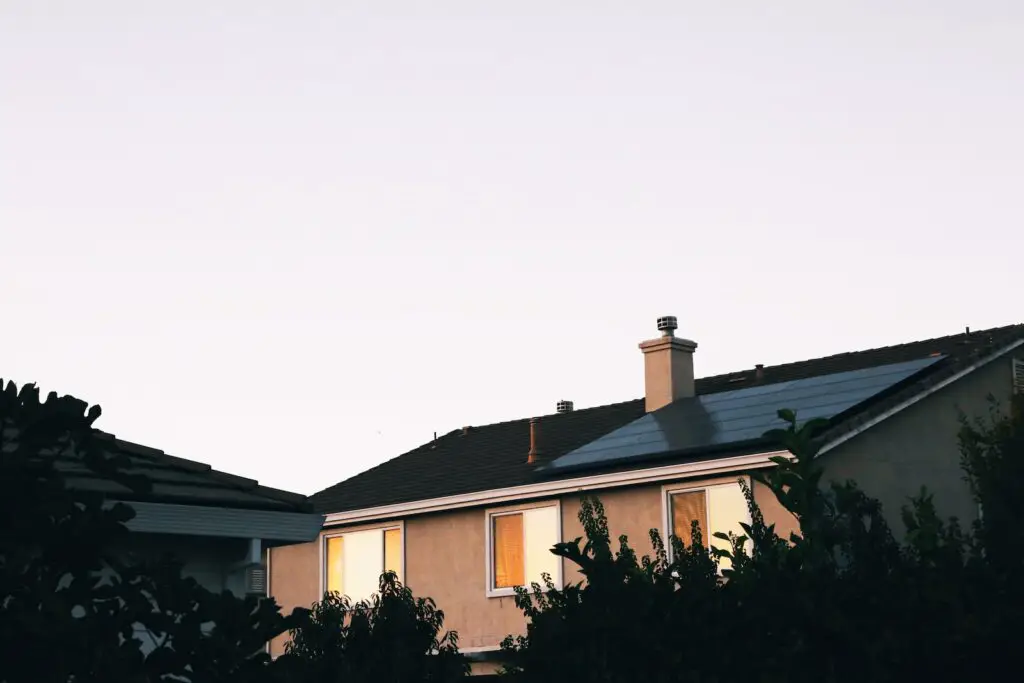Solar power is the energy of the future and tenants love it. If you live in an apartment instead of a house, your energy bills will be much lower. The opportunity to help make people’s homes and routines greener is yours, and it doesn’t need much of you.
Houses with renewable energy systems have increased in value. Buyers are showing a growing preference for houses that save money on utility bills by being energy efficient.
Establishes a mutually beneficial circumstance for the landlord and the tenant. Green energy systems make homes more desirable since they reduce utility costs and improve comfort.
The latter option can be used to supplement income and reduce utility costs for tenants. In this post, we will acknowledge whether you can charge tenants for solar power.
Can I Charge Tenants For Solar Power?
Yes, you can charge tenants for solar power. Some landlords are seeing the financial benefits of selling solar energy to tenants.
Landlords can diversify their income streams, and tenants can save money on their energy bills by not having to find their renewable power source. Solar power fees can be included in rent, but the agreement must specify how they will be calculated.
If you wish to add solar power to your lease agreement, you must provide the tenant with the choice. Monthly costs must be kept at or below what they would be without solar panels.
Solar panel systems, which generate power from the sun, are becoming increasingly popular among landlords and property owners (VNM). In the second case, renters are responsible for covering the cost of any solar energy they consume.
Suppose you need to modify a tenant’s participation in the solar system. In that case, you can do so through an administrative process with VNEM rather than physically relocate solar panels.
How Much Should You Charge Tenants For Using Solar Power?
Solar energy fees can be included in a landlord’s rent but must be specified in the lease.
The sum can be determined by averaging the tenant’s monthly energy use over a specified period. This time frame is flexible but should ideally cover the entire tenancy. There are several options for charging renters for solar energy use.
The simplest method is to set up a tracking system to track the amount of solar energy consumed. Typically, a system monitor is included in solar panel packages, but you may also buy one separately.
While there are many options for solar monitoring tools, we suggest the DROK Solar System Voltmeter due to its compliance with requirements and user-friendliness.
Once placed, the gadget shows the beginning and ending times (may be changed every 30 days) and the electricity used. The tenant’s monthly solar power bill can be calculated by dividing their usage by the kilowatt rate listed on their bill.
If solar panels run, you can reduce electricity costs by seeing how much you use. A new tenant’s first month’s rent might now be as low as the tenant’s estimated electric cost.
The most recent power bill must be shown. The tenant is responsible for additional charges if their solar and electric bill exceeds the average.
Benefits of using Solar Power For Tenants
1. Budget-Friendly Electricity Bill
Electricity prices are high and expected to rise. Therefore any alternative power sources that might assist in bringing those prices down would be greatly appreciated. Solar energy decreases reliance on the electrical grid.
The savings from switching to solar power over paying for electricity are substantial. As a result, solar energy can help tenants save money on their monthly electric payments.
It is up to the landlord and renter to negotiate the rent amount. The correct rate can only be determined through careful tracking of solar energy consumption.
2. Tenants Stay Longer
The cost of solar power is significantly lower than that of the grid. It will increase the length of time that your tenants stay in your building. Renters will likely stay put if their monthly rent payments are lower than the market rate.
The longer a tenant stays in a rental unit, the more stable the rent will be for the landlord. With a high vacancy rate, landlords can only sometimes count on rent to cover repairs.
3. Increase In Landlord Earnings
Solar has several uses for tenants. Electricity is often paid for and billed to the landlord. Any solar energy exported to the grid reduces the landlord’s bill. Since this is the case, the total due is quite small.
When the savings on electricity outweigh the initial investment in solar panels, the landlord enjoys a positive cash flow from his tenants. Landlords also have the option of charging more for solar-powered dwellings.
4. Eco-friendly
Thanks to solar panels, renters and landlords can benefit from a lower carbon footprint. Solar energy lessens the need for electricity generated by burning fossil fuels. This property is eco-friendly because of this.
Can A Tenant Install Solar Panels?
Tenants are not as likely as homeowners to put solar panels on the home they rent. The tenant will have a hard time transporting the panels.
Capital-intensive solar panel removal and transportation costs add up quickly. A landlord might be asked to install solar panels if a renter is interested.
If a landlord permits their tenant to install solar panels, they must agree with the renter on ownership and enjoyment of the advantages. Evidence of ownership is typically required to receive benefits from most government solar programs.
Free or low-interest solar loans and rebates are only available to tenants who can prove they have permission from their landlord. We hope you must have acknowledged everything regarding solar power for tenants.







